Remembering Dilip Kumar's Unfulfilled Dreams
Subscribe to read full article
This section is for paid subscribers only. Our subscription is only $37/- for one full year.
You get unlimited access to all paid section and features on the website with this subscription.
Not ready for a full subscription?
You can access this article for $2, and have it saved to your account for one year.
There are three fabled roles that slipped away from the veteran actor but continue to have everyone wondering.
In a long and checkered career and a longer and more eventful a life, there is perhaps precious little that Dilip Kumar didn't achieve. But the thing with expectations and promises, like Marcel Proust once mused, is that we never find a dancer's leap in the air quite as high as one has been expecting, and so as long as there is a possibility of something happening, there is always something left to happen.
Amongst the many roles that could have been Dilip Kumar's, there are three fabled ones that slipped away and yet continue to make fans, followers, and commentators of Hindi cinema wonder what'd have happened had these materialised. Guru Dutt originally wanted the tragedy king to feature as Pyaasa's (1957) Vijay, the luckless poet who becomes an overnight sensation when mistaken to be dead.
Similarly, Dilip Kumar was also Raj Kapoor's original choice to play Gopal in Sangam (1964) but even after Kapoor gave him the freedom to choose either his or the role that eventually Rajendra Kumar played, Dilip Kumar walked away.
The one that role which Dilip Kumar passed that continues to be most talked about is that which made Omar Sharif a global superstar. David Lean had wanted Dilip Kumar to play Prince Ali in Lawrence of Arabia (1962) but he refused the offer thinking that he would be an outsider in the set up.
Also, before he played father to Amitabh Bachchan in Shakti (1982), BR Chopra had planned what eventually became Baghban (2003) with the thespian and while it was shelved even before it started, there was another instance where he played onscreen papa to actors from two different generations.
Another big dream that Dilip Kumar gave up on was to direct a film. In the 1990s producer Sudhakar Bokade, who had produced Izzatdaar (1990) with Govinda and Dilip Kumar in the lead and later went on to produce Saajan (1991), signed on the thespian to act and direct Kalinga.
But more than the missed opportunities, which almost every great actor has, or the chance to direct a film the one thing that Dilip Kumar missed out was on the chance for a great swansong. Barely anyone recalls the thespian's last outing in a film called Qilla (1998) that featured him in a double-role as an evil landlord Jagannath Singh and his twin judge Amarnath Singh, who is left to solve the murder of his brother.
Had we not expected the heavens from Dilip Kumar, we would have been overjoyed at his legacy but the thing with expectations is that they are bound to fall short the moment they come into play.
This article was first published on DailyO on 11 December 2015. https://www.dailyo.in/arts/dilip-kumar-bollywood-hindi-films-raj-kapoor-omar-sharif-saira-banu-guru-dutt/story/1/7897.html
Tags
About the Author
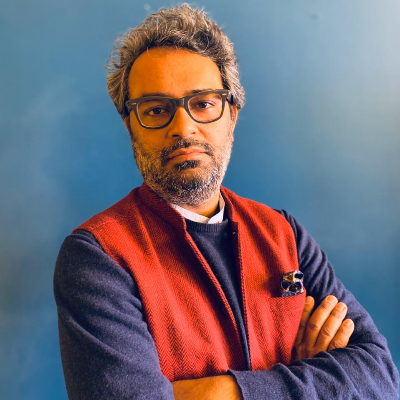
Gautam Chintamani is a film historian and the author of Rajneeti (Penguin-Random House, 2019), the first biography of Rajnath Singh. He is the author of the bestselling Dark Star: The Loneliness of Being Rajesh Khanna (HarperCollins,
2014), The Film That Revived Hindi Cinema (HarperCollins, 2016) and Pink- The Inside Story (HarperCollins, 2017).



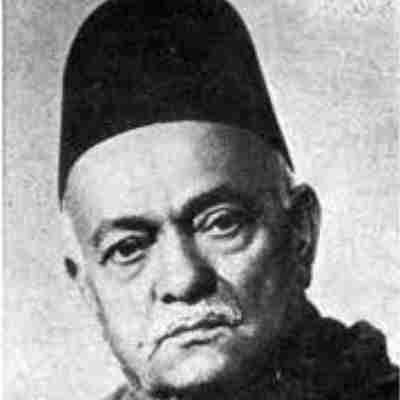
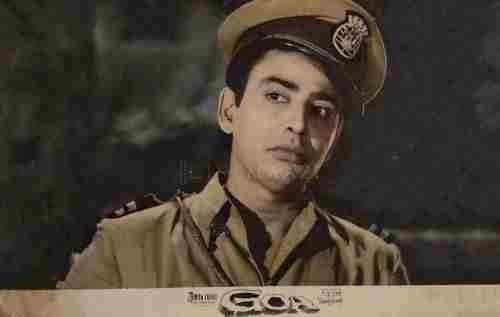
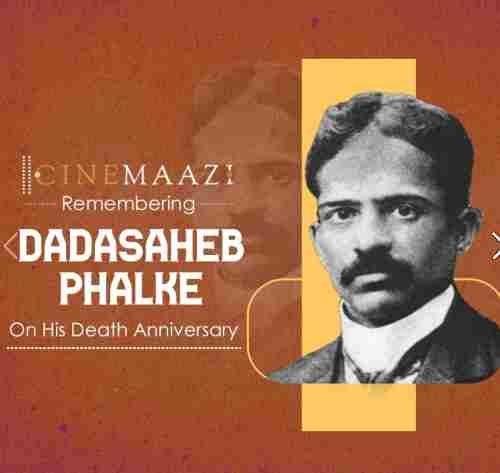
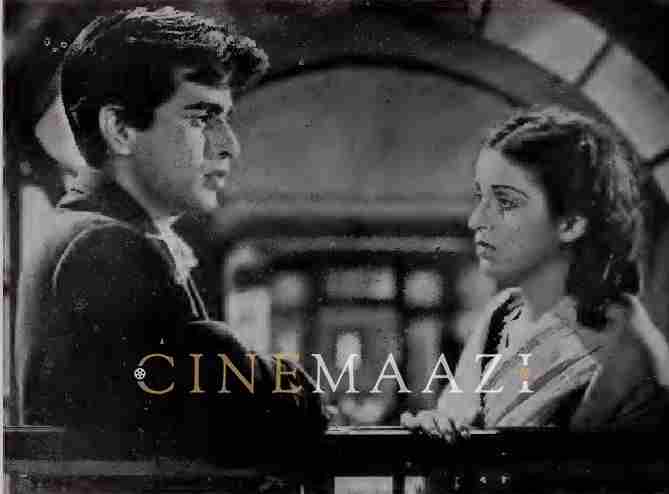
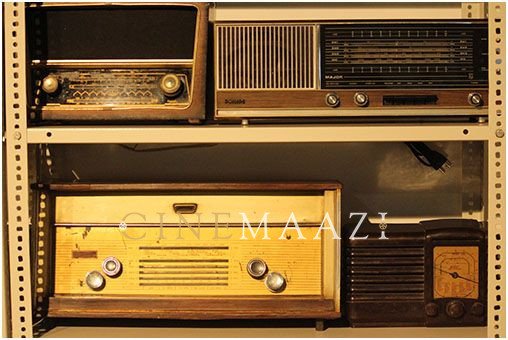
.jpg)



